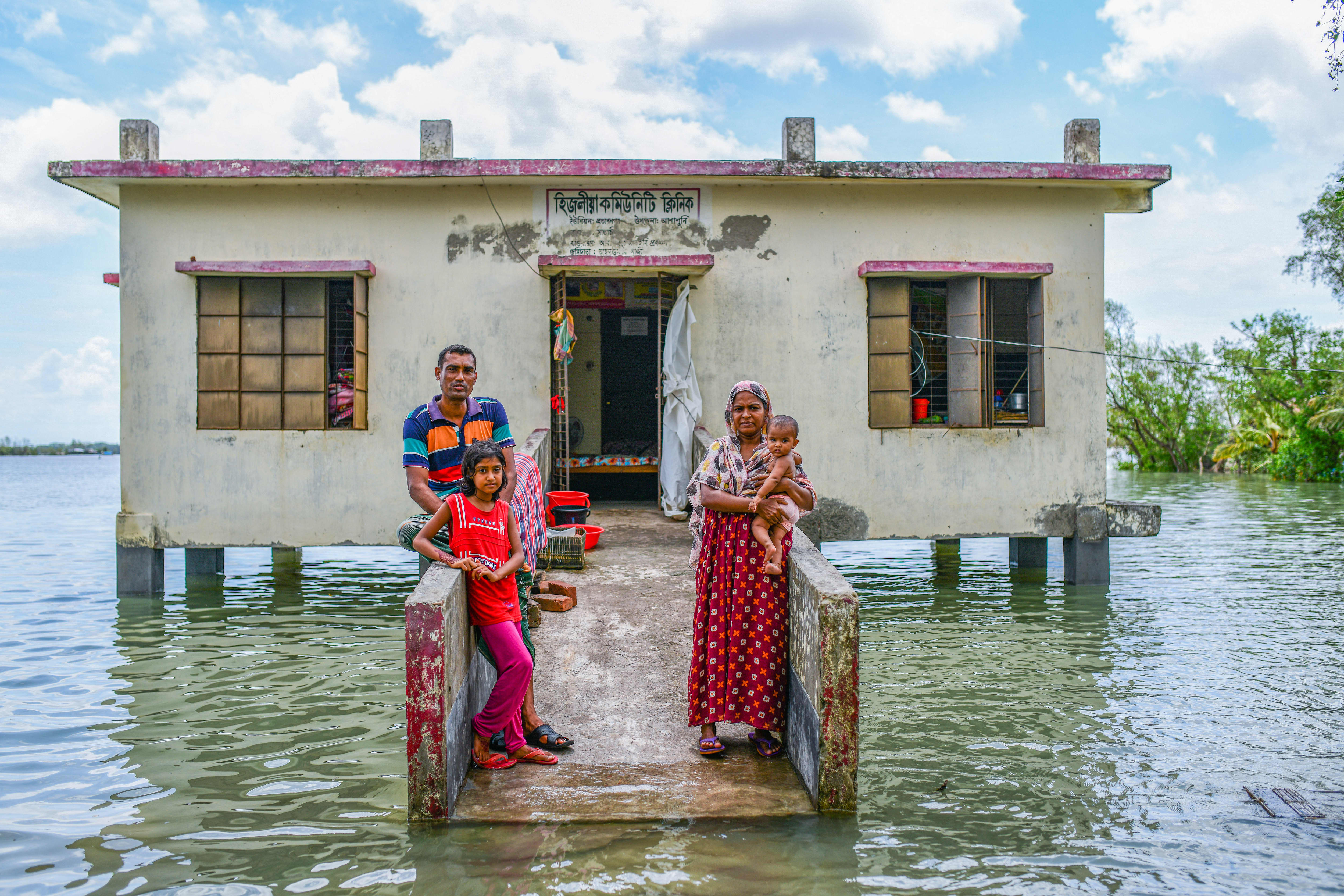
The richest of the rich are polluting the world and driving climate change, while the poorest of the poor suffer the greatest consequences, according to a new report published Monday by Oxfam International.
The richest 1% of the global population have used two times as much carbon as the poorest 50% over the last 25 years, the nonprofit’s report says.
When fossil fuels (which are carbon-based) are burned in factories or jets, for example, carbon dioxide is produced. Carbon dioxide emissions trap heat in the earth’s atmosphere, resulting in the warming of the planet. The burning of fossil fuels and processes that generate carbon dioxide emissions are major drivers of economic productivity and wealth.
The coronavirus pandemic has exacerbated inequality in almost every way (billionaires’ wealth increased by $3.9 trillion between March 18 and December 31, while the number of people living on less than $5.50 a day may have increased to as many as 500 billion in 2020, Oxfam says), and that extends to carbon consumption.
For instance, “[w]orldwide sales of private jets soared when commercial travel was banned,” the Oxfam report says.
“In country after country it is the richest who are least affected by the pandemic, and are the quickest to see their fortunes recover. They also remain the greatest emitters of carbon, and the greatest drivers of climate breakdown.”
Meanwhile, for poorer communities, and especially for women, climate change will make life harder.
“While no one is immune, the consequences will continue to be more devastating for low and middle-income countries, which are most at risk and face the highest climate-fuelled displacements, and within these countries for women living in poverty, who typically bear greater responsibility for tasks that are made more difficult by climate change, including sourcing food and water,” the Oxfam report says.
The cleave in the global population — between those reaping the rewards of carbon-producing processes and those paying the price — needs to be a top priority for global governments, according to Oxfam. “There is simply no possibility of any further delay,” the report says.
What governments around the world should do
“The fight against inequality and the fight for climate justice are the same fight,” says the Oxfam report says. “The pandemic has shown us that massive action by governments is possible in the face of a crisis; we must see the same level of action to prevent climate breakdown.”
Governments need to implement policies that help reduce overall demand for energy and accelerate the use of renewable energy, according to Oxfam, which means ending subsidies to fossil fuel industries, as well as forcing banks to end investment in fossil fuels and ramp up investment in sustainable energy sources, the report says.
“Nowhere in the world should governments allow the construction of a single new coal-fired power station, the public health and climate costs of which are borne by the poorest and most marginalized communities worldwide,” the report suggests.
Further, says Oxfam, governments should implement scaled taxes on carbon emissions: Luxury-related consumption that drives carbon emissions — such as “frequent or business class flights” or gas-guzzling large vehicles, according to the report — should be taxed at a higher rate for the carbon consumption.
The money from carbon taxes should then be directed to help poorer communities that need social support programs and also towards those poor who are especially vulnerable to increasingly frequent and severe natural disasters, Oxfam says.
Governments should also focus on retraining the poor and marginalized in new, renewable energy or health and social care, the report says.
And as those transitions are made, governments should focus on empowering diverse and representative leadership, according to Oxfam. “Workers, women and marginalized communities should be at the heart of decision-making processes at all levels — ensuring that their voices are heard as governments plan the transition to an economy that allows everyone to realize their human rights, within the limits our planet can bear,” the report says.
See also:
Executives from Jeff Bezos to Ford Motor Co.’s Bill Ford: Fighting climate change means job creation
Elon Musk is donating a $100 million prize for carbon capture technology — here’s what that means
NASA says 2020 tied for hottest year on record — here’s what you can do to help




